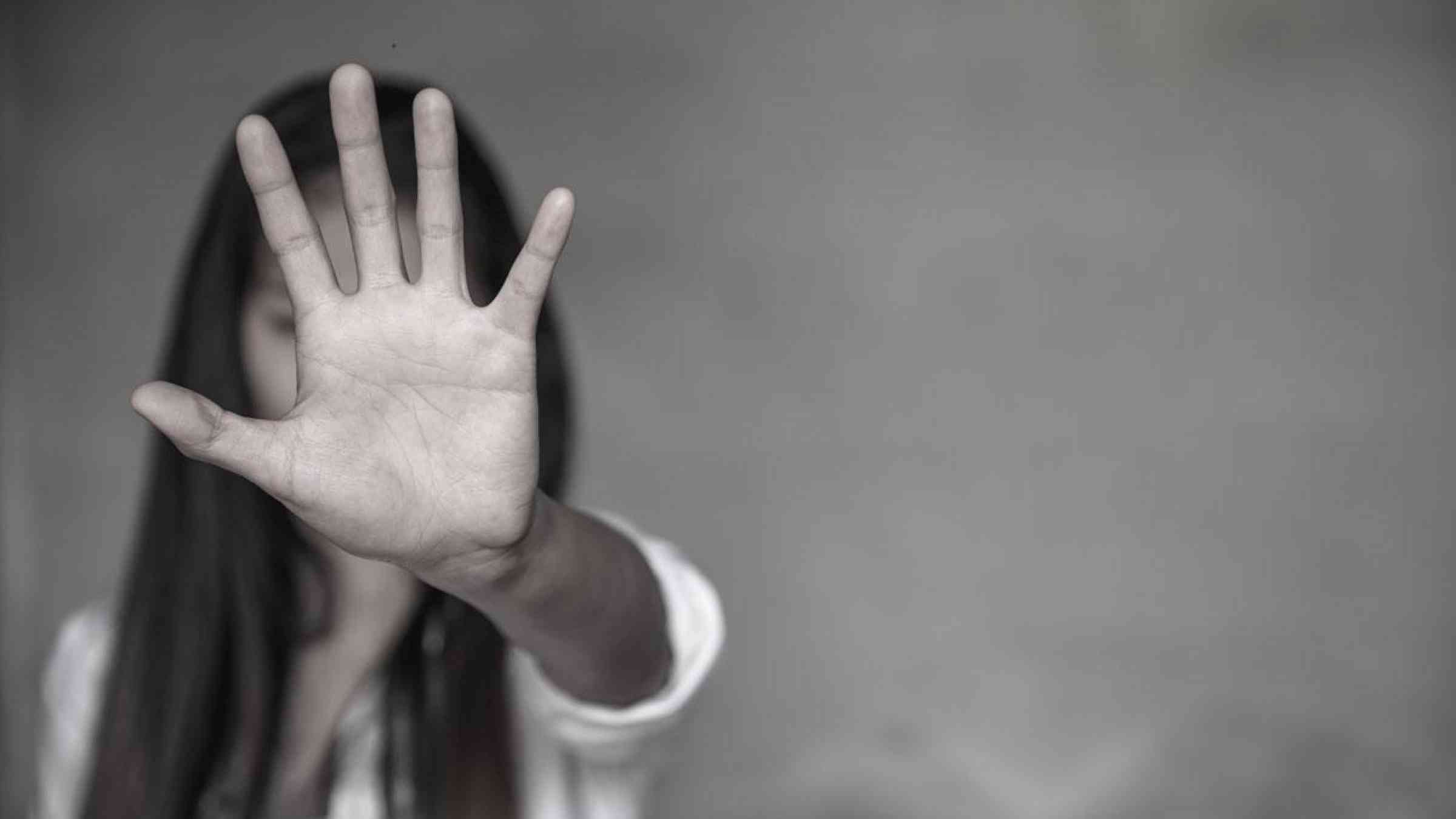Please help us improve PreventionWeb by taking this brief survey. Your input will allow us to better serve the needs of the DRR community.
How to reduce gender violence during the pandemic and beyond

Shutterstock
The covid-19 crisis is an opportunity for governments to put in place lasting structures that protect women from violence.
As covid-19 has spread, domestic violence reports have increased. First observed in China, countries across the world are seeing the same phenomenon emerge within their borders.
Lockdown measures can trap women with their abusers for long periods of time, with limited access to social and institutional support. France saw a 32 % jump in domestic violence reports in just over a week. Lithuania observed 20 % more domestic violence reports over a three-week lockdown than over the same period in 2019.
Jumps in domestic violence are not limited to pandemics. War, disasters and economic crises all result in increased violence against women. The earthquakes in Haiti (2010) and Christchurch (2011), hurricanes Katrina (2005) and Harvey (2017) and the 2008 economic crisis all brought with them spikes in domestic violence reports.
Stress, grief and financial struggles can fire violence. The breakdown of support systems and economic uncertainty can make it difficult to leave an abusive relationship.
Short term measures
Several countries have taken quick and decisive action to address the increased risk of violence. Short-terms measures implemented in Europe include:
Financing of support services. France has funnelled one million euros to domestic violence support services. The French and Italian governments have requested the EU include measures to combat violence against women in emergency support packages to member states.
Provision of support services. Emergency and reception centres for victims of domestic violence are considered essential services and remain open in the face of lockdowns. The work of police and judicial bodies continues for cases of violence against women.
However, many shelters must limit their operations to protect the health of staff and service users. France is providing hotels rooms as alternative shelter for victims of domestic violence.
Technology has helped ensure victims of domestic violence can contact assistance services during quarantine. Discreet websites and apps provide legal, psychological and social guidance. They leave no trace and enable victims to request a phone call at a certain time. To assist victims and health workers, the Spanish government has added an SOS button to a widely used law enforcement app. The tool records the incident and contacts the nearest police station.
France has launched a hotline for perpetrators (and would-be perpetrators) of domestic violence.
Training of frontline workers. Pharmacy and supermarket workers have been trained to assist victims of domestic violence seeking help. In Spain and Greece, the code word ‘Mask-19’ has been adopted for women seeking help discreetly.
Awareness campaigns. These provide advice to victims and witnesses of domestic violence and highlight what support is available. Portugal has rolled out its awareness campaign across social media channels and distributed flyers across the country.
These short-measures will save lives and are to be applauded. However, the end of lockdown measures will not bring an end to domestic violence. Even in ordinary times, women face the greatest danger in the home, with 64 % of women who are killed dying at the hands of a partner or family member.
From crisis to opportunity
The covid-19 crisis is an opportunity for governments to put in place lasting structures that protect women from violence. These are our recommendations:
- Disaster management should ensure that women’s specific needs are addressed, including those arising from a heightened risk of domestic violence. Women must be involved in the planning of such measures, including at the highest level of government.
- The police, emergency shelters, social and mental health services and programmes working with perpetrators should join forces to better manage the risk of domestic violence.
- Governments should recognise the structural nature of violence against women so they can uproot it. Spain, a pioneer in the protection of women, has done so through a 2004 law on gender violence
- At the EU-level this could be replicated by making violence against women a Eurocrime in the EU treaties, as has been suggested by European Commission President Ursula von der Leyen.
No country in the world has achieved gender equality. About a third of women have been physically or sexually abused by their partner. Crises simply exacerbate this reality. It is time governments make real change to save lives.
Veronica Collins works on gender-based violence at the European Institute for Gender Equality. Previously she worked on human rights documentation for a local NGO in Myanmar, community outreach for the UN in Kosovo, and human rights advocacy in the European Parliament.
The European Institute for Gender Equality is an autonomous body of the European Union and does not represent the official position of the EU.
Editors' recommendations
- More about coronavirus disease outbreak
- More about addressing violence against women in DRR
- COVID-19: Gender-based violence prevention, risk mitigation and response during COVID-19
- UN agency calls for inclusion of domestic violence risk in disaster response to COVID-19
- Risk assessment and risk management
- Understanding intimate partner violence in the EU: the role of data
- Gender Statistics Database
Explore further
Please note: Content is displayed as last posted by a PreventionWeb community member or editor. The views expressed therein are not necessarily those of UNDRR, PreventionWeb, or its sponsors. See our terms of use
Is this page useful?
Yes No Report an issue on this pageThank you. If you have 2 minutes, we would benefit from additional feedback (link opens in a new window).